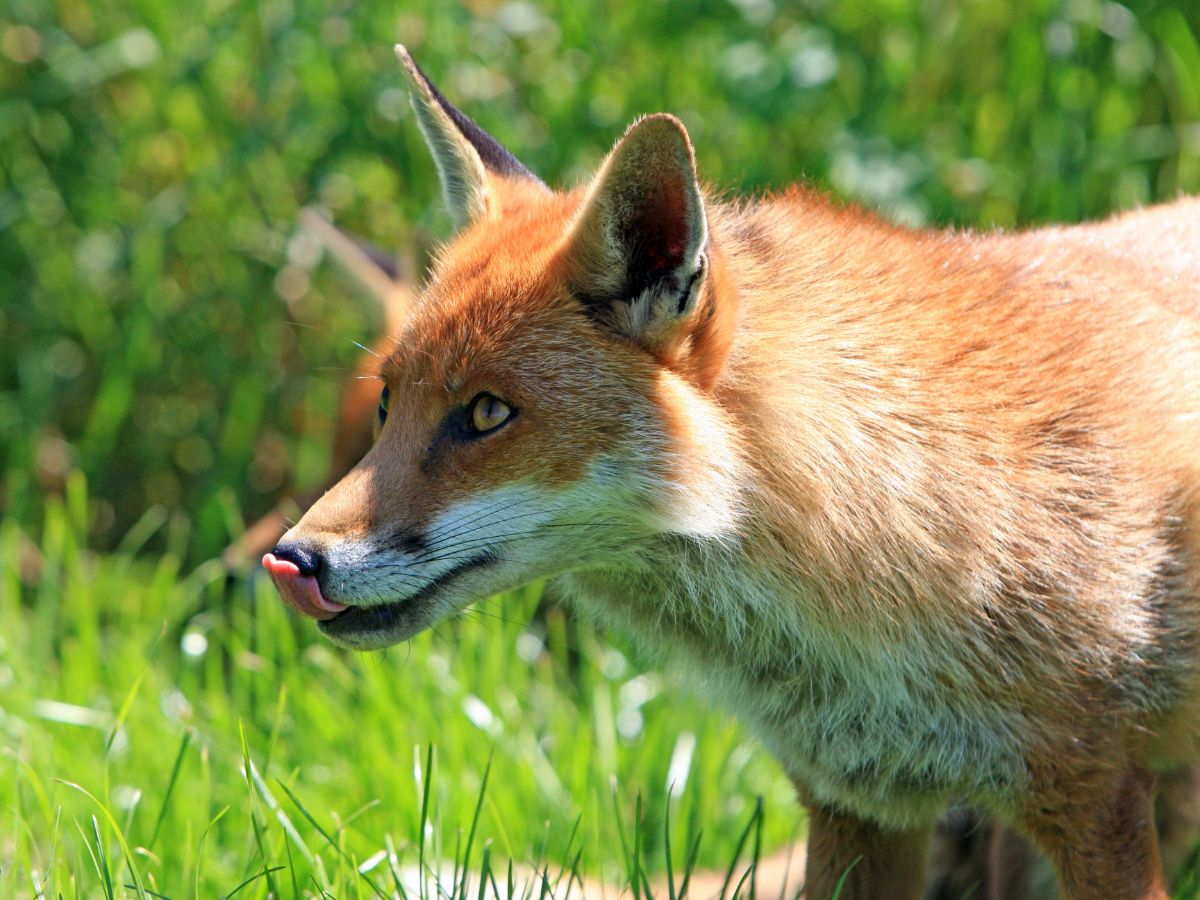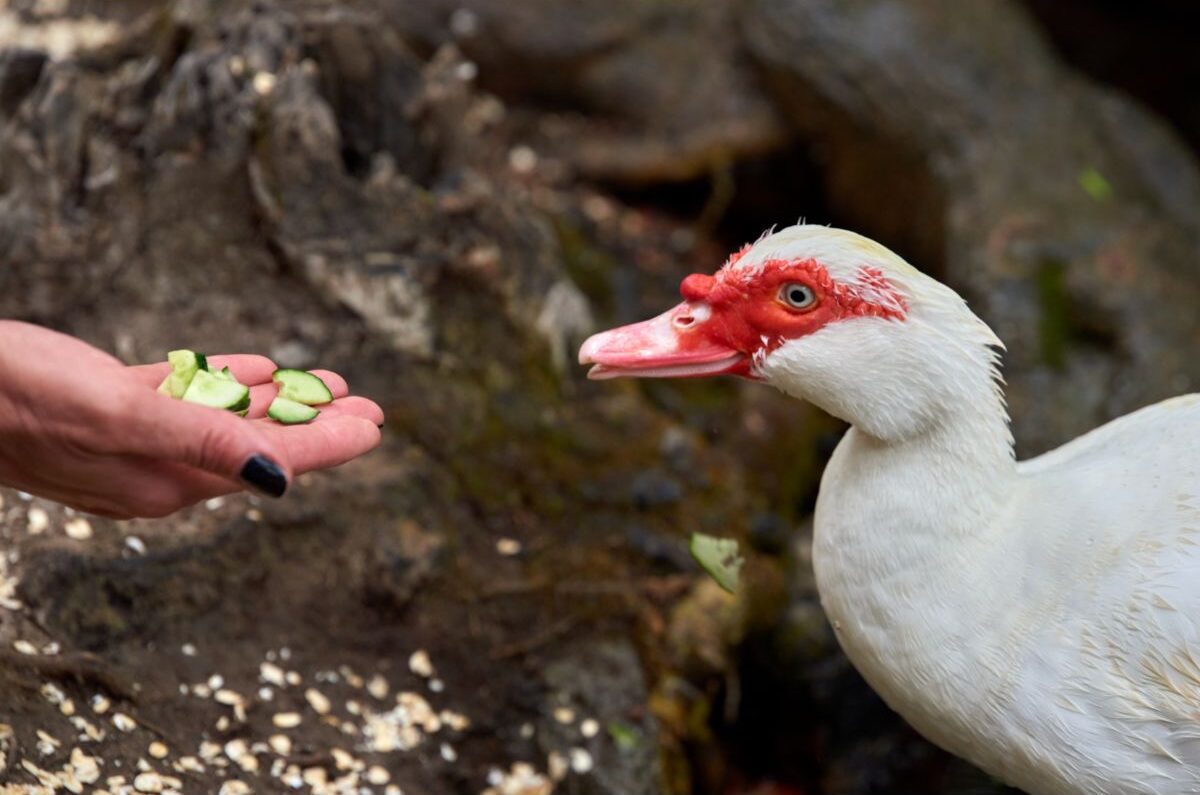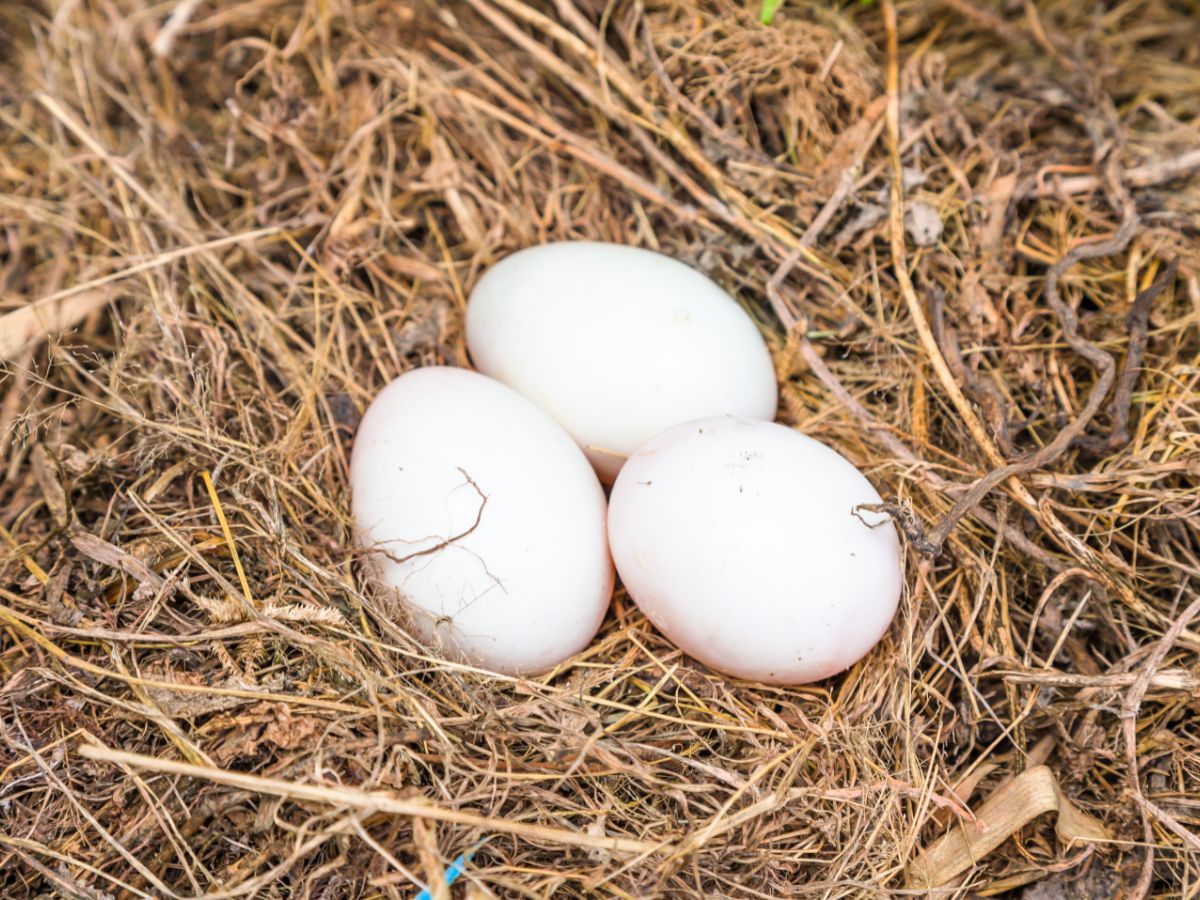Keeping chickens can be very rewarding, no matter where you keep them, in your backyard in the city or a farm in the country. The one thing the city and countryside have are predators. Predators love the taste of fresh chicken and won’t hesitate to make one of your ladies its next meal, so how do you keep your chickens safe from predators?
To keep your chickens safe from predators, you can fortify the chicken coop; if there are hawks or owls in your area, you can cover the coop to keep them out. Lock your girls up at night and ensure you have another animal species next to the chickens that can make an alarm when they see predators.
We needed to ensure our chickens were safe as we stayed on a farm and had many coyotes and hawks to worry about. We didn’t want to underestimate how smart these predators are, as a friend lost many chickens before she had a chance to take the right measures to keep them safe. We researched the many ways and measures to keep chickens safe and wanted to share what we found.
Contents
How To Keep Your Chickens Safe From Predators
As we know, there are predators everywhere that would love nothing more than having an all-you-can-eat buffet in your yard with your chickens if you let them. The big question is, how do you stop them from getting to your chickens?
Predators are not all nocturnal; some will attack in broad daylight, so you must be vigilant. We can’t be with our chickens every minute of the day, so we must take precautionary measures to keep them safe. This post will look at the various ways and measures you can take to keep your chickens safe.
Fortifying Your Chicken Coop
The first step in protecting your chickens is to fortify your chicken coop. While predators attack during the day, if an opportunity arises, you need to start with your chicken coop. When the weather forces your chickens into their coops, they need their home to be safe first.
So, it would be helpful if you started by predator-proofing your chicken coop. Below you can find the steps you need to follow to fortify your chicken coop.
Step 1 – Buy The Right Hardware Cloth Or Wire Mesh
The first step to securing your chicken coop is to give the chickens a perimeter of space that includes their coop where they can roam. If you are not sure what size area you need to cordon off, give each chicken at least 15 sqft of roaming space outdoors.
Ensure you buy enough hardware cloth or wire mesh to cover the sides of the perimeter (high enough so you can walk in and out freely), bury at least 20 inches deep, and cover the top of the enclosed space, so the coop is secure from above also.
If you buy wire mesh, ensure the size of the holes is no bigger than 12 gauge 2.5mm. If you buy hardware cloth, ensure you get the ½ -a inch size.
Be careful not to buy normal chicken wire as this was meant to keep chickens in but not predators out. Predators like fisher cats, snakes, and raccoons can still get to your chickens through chicken wire.
Step 2 – Bury The Hardware Cloth And Build Your Perimeter
You should ensure that the wire is buried at least 20 inches (or 3 feet) deep so predators that don’t mind digging under the wire to get to your chickens, such as coyotes, foxes, weasels, bobcats, and bears, won’t get to your chickens.
You can also get enough hardware cloth to bury down vertically and horizontally. You can add the ground on top of the cloth to protect your chicken’s feet from sores and keep predators from digging under the wire and up into their enclosed space.

Step 3 – Add The ‘Roof’ On The Perimeter
Next, you must protect your chickens from flying predators like owls, hawks, and other predatory birds. You can use the same wire mush, hardware cloth, or install a more secure ‘ceiling’ strong enough that hawks and owls can’t claw through to get to your girls.
Step 4 – Lock It Down And Inspections
To keep your girls safe, ensure you use good quality locks to secure the coop and enclosure entry points. It’s important to check the perimeter of the fence’s sides, bottom, connection points, and top every morning and evening to ensure no predator made a hole or broke through any parts of the enclosure.
You should also look at the state of the support beams used if they are wood. Some predators are smart enough to chew through the wood to create a weak point they can use to gain entry to the coop and enclosed area.
Other Precautions To Protect Chickens From Predators
If you still want more protection for your ladies after you have fortified your chicken coop and roaming area, here are a few extra safety precautions to keep predators out.
Electrify The Enclosure Fence
One of the best ways to deter predators is electrifying the fence. It will help keep the diggers, climbers, and flying predators away. Your chickens will sense the electricity and steer clear, so you don’t have to worry about them getting electrified.
Install Motion Sensors With Loud Alarms
Using motion sensors is another way to keep predators at bay. Predators rely on stealth to get to their prey, so as soon as they try to get to your chickens and the motion sensor goes off, they will scatter. It will warn you so you can assess the damage they did if any, and they will think twice before trying it again.
Keeping Companion Animals
One great way to keep your chickens safe is to have other pets or animals on the property that can alert you to possible predators. Animals such as watchdogs, ducks, a few roosters, guinea fowl, and alpacas all make great companion animals for chickens, and they will alert you if they spot predators.
Animals such as watchdogs, ducks, and roosters will even go on the defense to protect your girls. You don’t need to put the other animals in the same enclosure as your chickens; you can put them next to the enclosure if you only want them to make noise.
Conclusion
Keeping your chickens safe from predators is a priority no matter where you are keeping them. Some of the best defenses are to install a perimeter fence that goes across the coop and outdoor area of the chickens and at least 3 feet underneath.
Other ways to keep your chickens safe include getting companion animals, installing motion sensors, and electrifying the enclosure fence. These methods will keep predators out and help keep your girls from getting into areas they shouldn’t.




